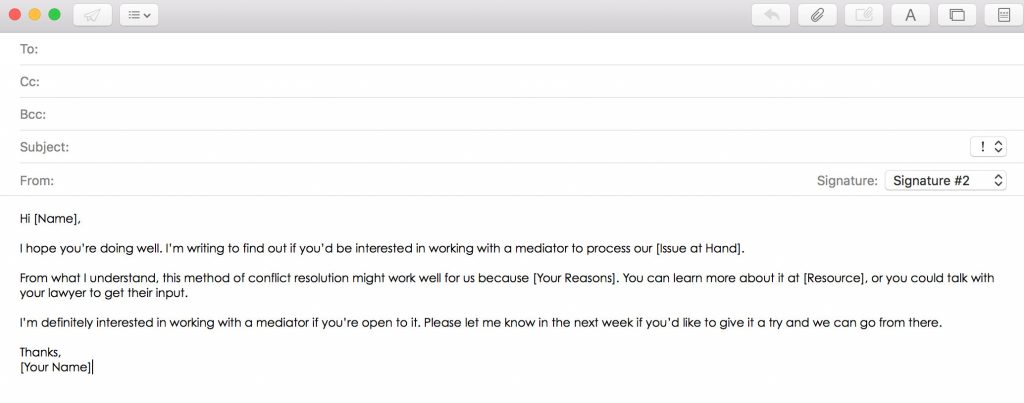

Lots more than that crappy amount you pay now. You'll NEVER get any custody because you're such a sack of s**t and you're going to have to give me a ton of money. All the BS you say about me is going to get you hammered in court. If I don't hear by then, I'll just assume you won't need my help with it. Let me know by 11:00 tomorrow what day and time you need to go since I must give advance notice to my work. I can make time to help you drop off your car for repairs on Saturday or Tuesday. As I said this morning, I couldn't miss my meeting. “Hi Bob, I'm glad you were able to make it and that you still have your job. You could have taken time off to help YOUR OWN BROTHER!!! Mom's mad at you too. You don't have to worry about unreasonable bosses.

BUT YOU COULDN'T BE BOTHERED WITH HELPING ME GET THERE, COULD YOU? You and your FANCY JOB. You know I've been meaning to get the car checked. Some sister you are! I TOLD YOU I COULDN'T BE LATE AGAIN. It’s almost guaranteed to be taken as an admission of guilt, which an HCP will use against you to place blame and defend their actions. “I’m sorry my email upset you” is accepting responsibility for the other person’s emotions. “Sorry I was late” is OK as a social nicety. Most of us apologize sometimes, but it easily backfires with HCPs.

Things like “You’re overreacting” or “You should be ashamed” are not going to help them hear you.Īpologies.
BIFF RESPONSE EXAMPLES HOW TO
Telling a defensive or upset person what they do wrong and how to fix it will just make them more defensive and earn you another accusatory reply. It’s better to avoid unsolicited advice such as “You just need to do X.” Make a proposal instead.Īdmonishments. Are you telling the other person what to do, how to behave, or how to feel? If so, you can expect a defensive reaction and more email/texts. Or give two choices on an issue and ask for a reply by a certain date.Īn entire chapter is dedicated to this in the BIFF Response® Book, but the highlights of what to avoid are:Īdvice. Informative: Focus on straight information, not arguments, opinions, emotions or defending yourself (you don’t need to)įriendly: Have a friendly greeting (such as “Thanks for responding to my request”) close with a friendly comment (such as “Have a good weekend”).įirm: Have your response end the conversation. Long explanations and arguments trigger upsets for HCPs. Don’t take the bait when the next re-worded email with the same demand comes along.īrief: Keep it brief. Further demands to discuss the same matter are not valid and need no reply, or a shorter version- one time - of what you said last time. Additionally, a decision needed for a concrete issue is only valid if it’s new. Saying everybody is mad at you/blaming you is not valid. Asking what time to pick up a child is valid. An accusation that you never communicate is invalid. A decision on an appointment time is valid. Look for valid matters and ignore the barbs. Then read the email/ text with a critical eye: Is there anything that really requires a reply? (A deadline, an appointment, a PTA conference, a needed decision). Rule #1 is always to ask: “Do I need to reply to this at all?” When you want to utilize The BIFF Response® Method, you may find yourself staring at a blank screen wondering, “What do I say?” The answer will vary from case-to-case, but let’s review the ground rules and then go over a few examples. Then we tell people to practice, practice, practice! To be most effective, we suggest you explore the method in our 20-minute Online Course or in the BIFF Response® book to give you the method essentials. The BIFF Response® Method helps you get your thoughts organized and under control so you can respond effectively. Dealing with High Conflict People and their irate communications can leave you at a loss for words.


 0 kommentar(er)
0 kommentar(er)
